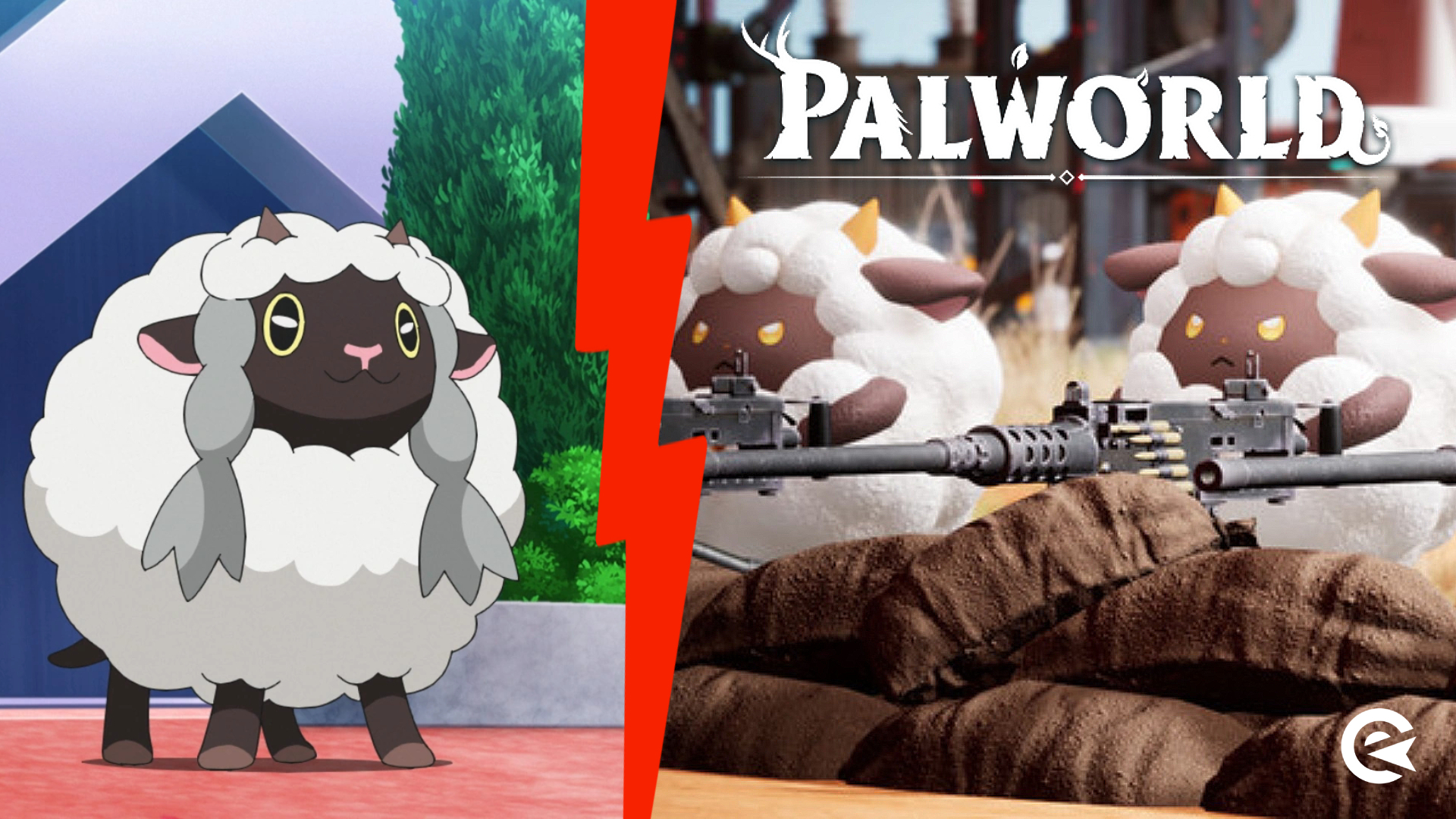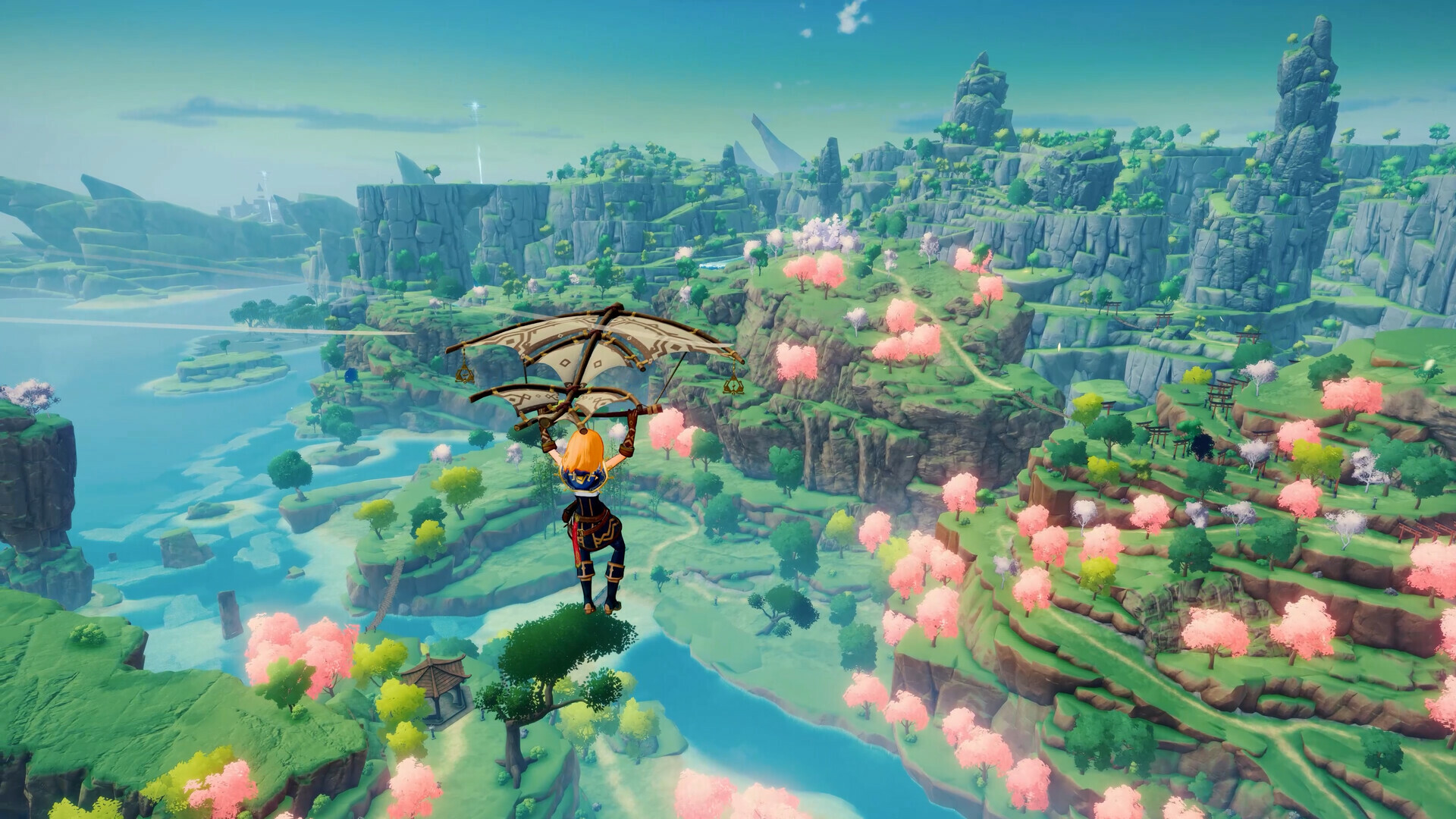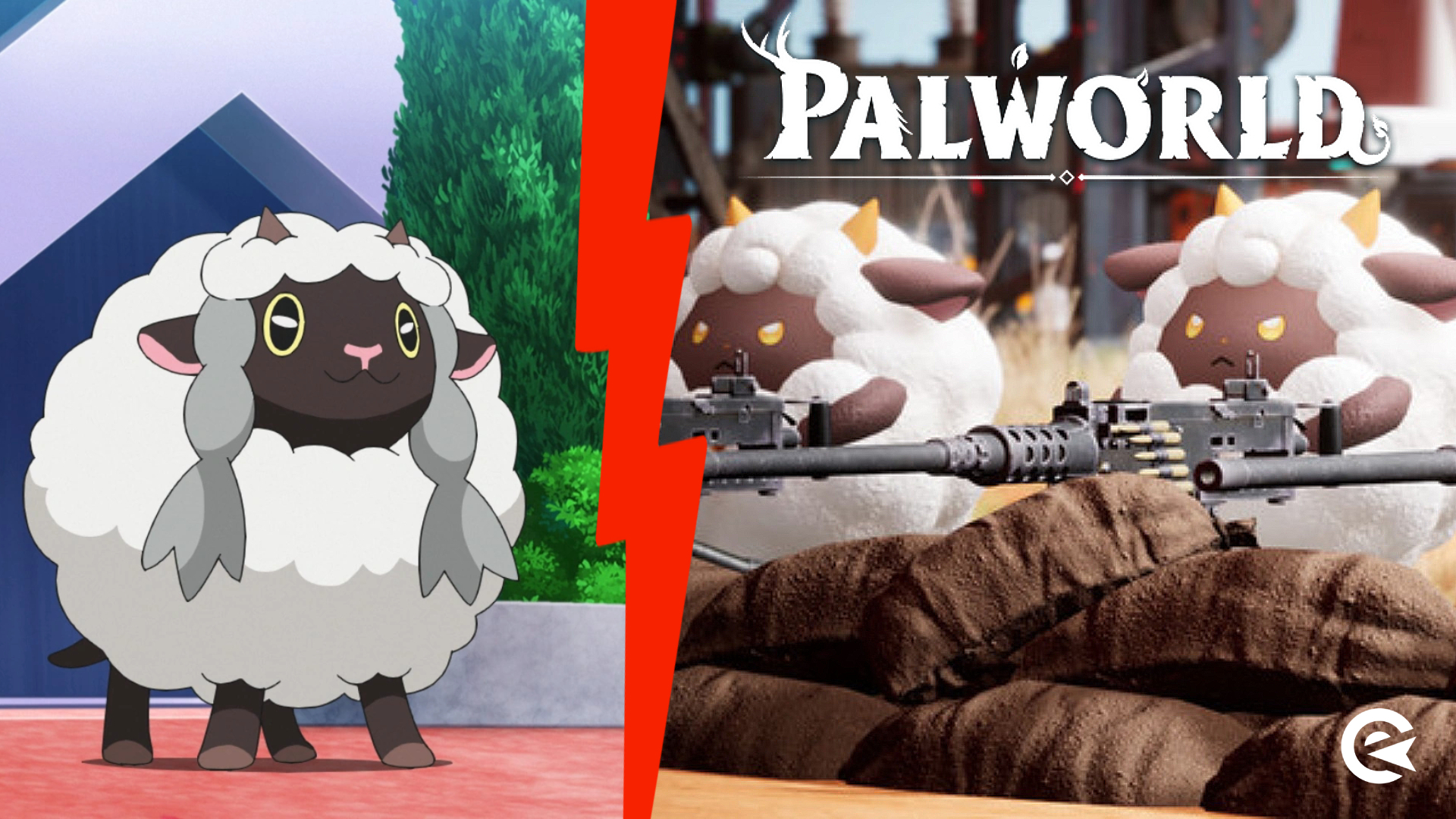After its successful debut, Palworld faces plagiarism claims. We examine its game features inspired by others and how its developers skillfully avoided violating intellectual properties.

The controversy surrounding the new gaming sensation, Palworld, has intensified after the game shot to the top of the Steam charts. At the heart of the allegations is the uncanny resemblance of the cute collectible monsters known as Pals to the famous Pokémon. But the accusations go beyond plagiarism.
Now that the developers themselves have issued a statement on the copy-paste accusations, we would like to clarify which elements Palworld allegedly took from other games and which features strongly resemble existing games.
Pokemon and Palworld: Inspiration vs. Plagiarism from someone who made monster tamer designs a majority of her personality a thread. (1/19) pic.twitter.com/13bxpuJn9Y
— Taq (@Taqqy_3) January 21, 2024
Palworld: Best Of Pokémon, Ark & Zelda
Aside from the parallels between the Pals and Pokémon, Palworld is not essentially a shooter or an RPG, but rather an open-world survival crafting game. It's all about gathering and processing resources and exploring a beautiful island.
For those who have not yet noticed, Palworld has a distinctive ark component: Instead of dinosaurs, you collect pals. Your mission is to survive on the island, build bases from available resources such as wood and stone, explore the surroundings and catch and tame monsters.
Basically, however, Palworld is not a 1:1 copy of Ark in terms of gameplay, but rather a crafting game that does not differ significantly in its gameplay from other crafting hits like Rust or Sons of the Forest.
I am the exact opposite of a Nintendo stan (or a Ark/Wildcard stan), but seeing Palworld make tens of millions of dollars off of the most blatantly creative bankrupt, poorly put together asset flip game is so depressing. Their entire company strategy seems to be theft. pic.twitter.com/bRQxilrh94
— TeeHallums (@TeeHallums) January 20, 2024
The game is mainly reminiscent of Zelda because of the Japanese anime style of the graphics. Although Craftopia, released in 2020 by the same developers, is even more similar to Nintendo's all-time classic. Palworld is not the first game from Pocket Pair, Inc. that was inspired by other games.

We could also mention Fortnite for the shooter aspect in such a world or Hogwarts Legacy when it comes to enemy bases with one special monster or animal in the middle – but you see: a best-of strategy was clearly the father of the principle for Palworld.
Legal Actions? "Best Of" Strategy Is No Crime
It all sounds like a "take the best from different games and make your own" strategy, which is actually the simple formula for success behind Palworld.
Players are excited about the possibilities offered by the game, which focuses on the trends of the past few years: cuddly monsters as a basis, collecting as a general gameplay incentive, crafting to keep the long-term fun high, and a mix of shooter in a stylish, anime-like world.
The fact that almost all ideas seem to have been taken from other games is not a crime. Since Palworld has sufficiently modified all inspirations, the developers of Pocket Pair, Inc. do not consider themselves legally responsible and reject the blame.
And at the end of the day, the legal situation is really crystal clear at the moment: the sources and inspirations behind Palworld are not legally actionable. Mechanics, monsters, and features in the new game have changed enough compared to the original IPs - also thanks to AI.
Palworld Devs Use AI To Bypass Copyrights
The developers have openly talked about using AI to wipe away the templates that have been fed to them, so they are on the legal safe side.
here's the CEO of Pocketpair talking about using AI to bypass copyright, generating fakemons with it, calling AI: Art Imposter a real-time image generation game, and being excited for games powered by GPT-4 pic.twitter.com/79xwZr0yEI
— Zaytri #StrikeForPalestine (@imZaytri) January 19, 2024
The Palworld controversy highlights the dynamic nature of game development. While accusations of plagiarism persist, it underscores the industry's reliance on innovation and building on existing concepts. Palworld's success comes from blending elements from different games to create a unique and compelling experience.As the industry evolves, moral questions about protecting original ideas in games will arise more and more, especially with the creative potential of AI.
For now, Palworld's success may be inspired by past gaming hits, but it also exemplifies the creative spirit of developers and the enduring appeal of creating new worlds – or would you rather say they stole their success from other games?






























